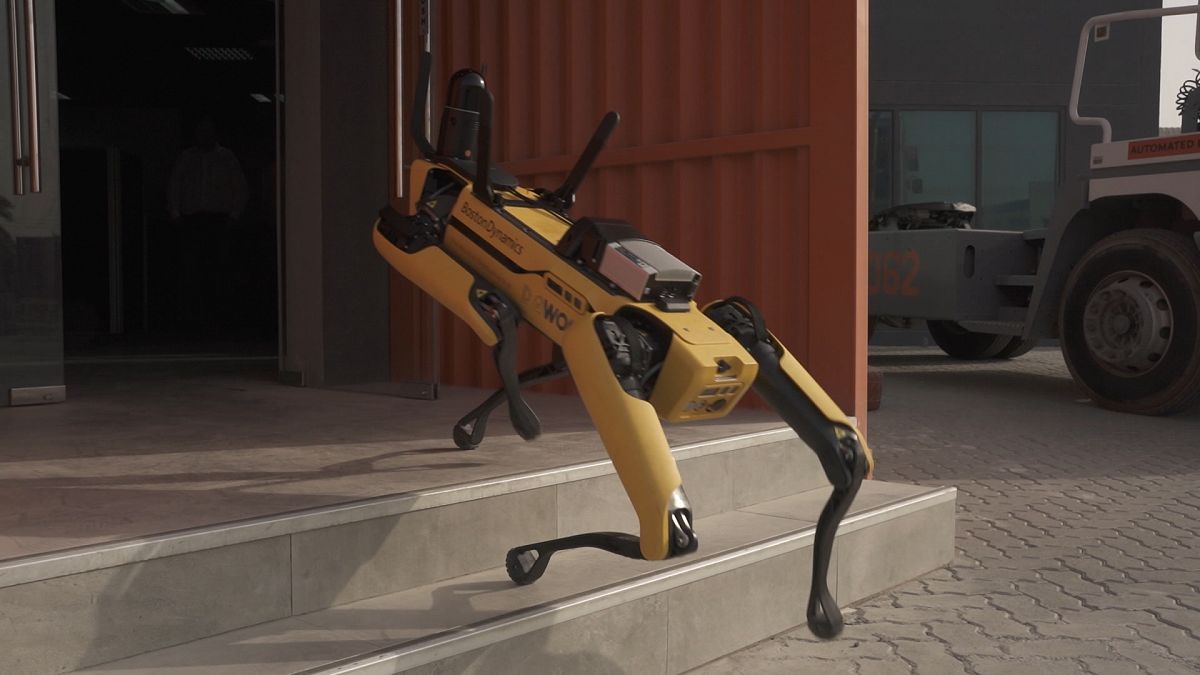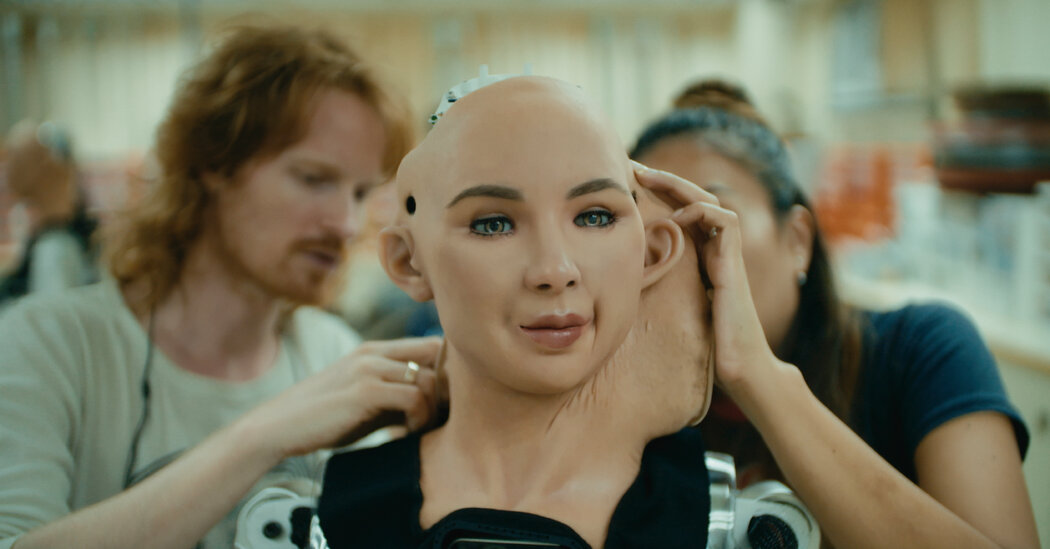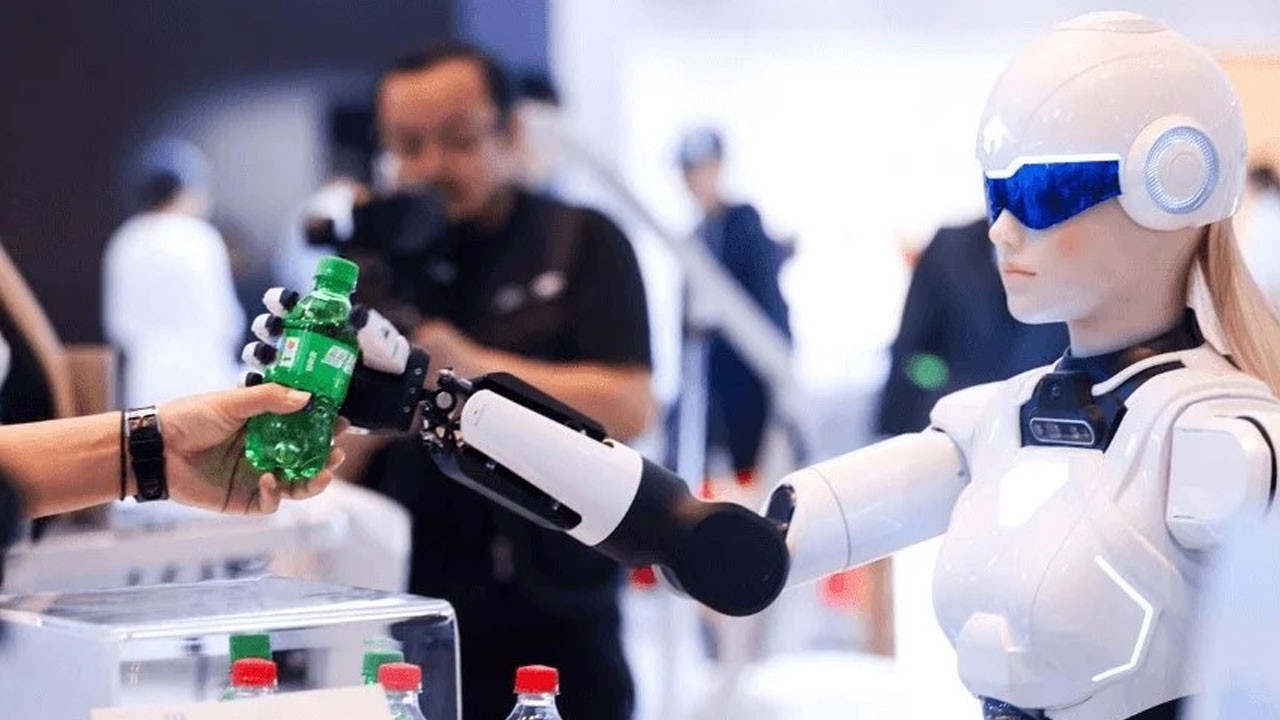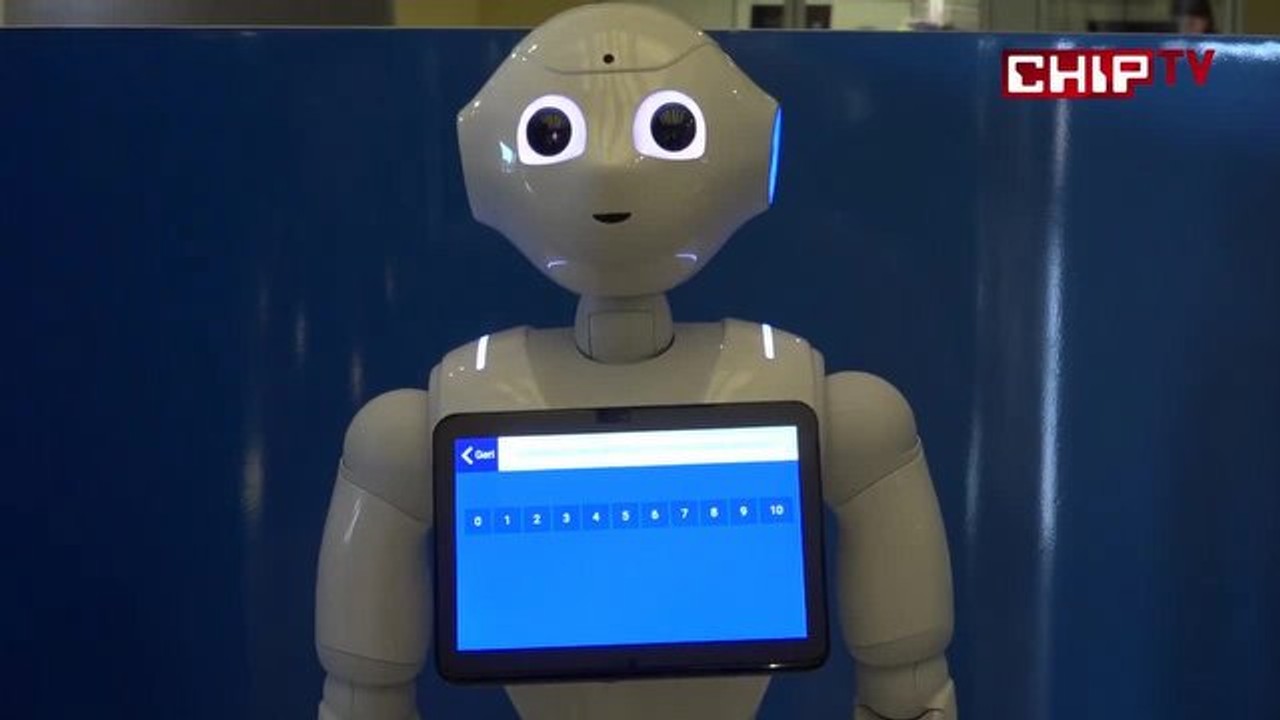Elon Musk’s Post-Washington Reflections and Ambitious Future Plans
As Elon Musk prepared to step away from Washington, D.C., with a sense of incomplete achievement, he expressed to the Fox News host Jesse Watters earlier this month that his relentless efforts in tackling government waste and fraud had achieved “significant progress.”” However, the reality was more complex. Despite his bold claims, his projected cut of $2 trillion from the federal budget had visibly diminished, shrinking to approximately $165 billion on paper. The repercussions were felt across markets: Tesla’s stock experienced a sharp decline, impacting Musk’s personal wealth and the perception of his influence. In a shift from Silicon Valley’s typical mantra, Musk adopted a more aggressive stance with the phrase “move fast, break things, and get out of town,” signaling a departure from traditional cautious innovation, and signaling to the industry that he was more focused on rapid progress than long-term consensus.
During the interview prompted by Watters, Musk pivoted from discussing fiscal reform to revealing a profound concern about Earth’s future. “The sun is gradually expanding, so we at some point need to become a multiplanetary civilization because earth will be incinerated,” he explained. Watters responded with surprise, saying, “I’m hearing this for the first time.” Musk reassured him, “We have several hundred million years, so don’t hold your breath.” His words underscored his belief in long-term planning and thinking ahead. Musk’s forward-looking mindset is exemplified in his recent activities: just weeks after Donald Trump’s re-election, the president-elect accompanied Musk to observe the launch of a SpaceX Starship rocket, symbolizing a shared commitment to humanity’s expansion into space.

Musk’s Grand Engineering Endeavors for Humanity’s Future
Over the past few decades, Elon Musk has dedicated himself to three pioneering projects, each designed to secure humanity’s survival far beyond the current era. These endeavors reflect his long-term vision:
- SpaceX: Aiming to establish a self-sustaining city on Mars, with the goal of making humanity a multiplanetary species.
- Tesla: Accelerating the global shift towards sustainable energy, autonomous vehicles, and humanoid robots, transforming how we produce and consume energy.
- Neuralink: Developing brain-machine interfaces to integrate artificial intelligence with human cognition, ensuring humans stay at the forefront of technological evolution.
Through these cutting-edge projects, Musk envisions a future where humanity not only survives but thrives across multiple worlds, leveraging advanced technology to overcome terrestrial limitations and existential threats.












